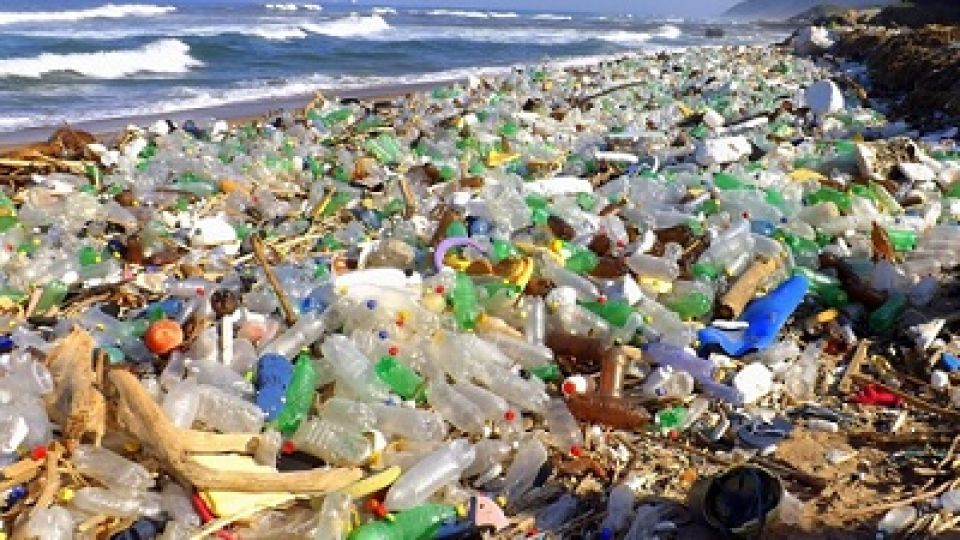from FUTHI MBHELE in Durban
KwaZulu Natal Bureau
DURBAN, (CAJ News) – THE decline in the tourism sector, caused by the sewage crisis, in Durban is driving a wedge between the government and the main opposition Democratic Alliance (DA).
The collapse of waste-water infrastructure in the coastal city has resulted in high Escherichia coli (E. coli) levels on the beaches, rivers and harbours that are the life force of eThekwini’s tourism economy.
DA has called on Minister of Tourism, Lindiwe Sisulu, to conduct an urgent oversight to eThekwini Municipality to experience first-hand the impact that the sewage crisis is having on tourism in the city.
Hannah Winkler, DA Member on the Portfolio Committee on Tourism, said, “The short notice closure of beaches as a result of high E. coli levels is dealing a severe blow to hotels, restaurants, and other tourism operators in the city.”
The opposition politician said the city’s reputation as “South Africa’s Playground” is suffering irrefutable reputational damage.
“Thousands of jobs are on the line, and if urgent action is not taken by the Minister of Tourism, the rapid death spiral to eThekwini’s tourism economy will continue,” Winkler stated.
Zuzile Mpumzi, the minister’s spokesperson, has hit back, accusing the DA of “playing cheap politics.”
“The DA is barking up the wrong tree,” he said.
“It is the highest opportunism that they can ever have, they can ever do. Minister Sisulu is not responsible for the cleanliness of the beaches,” Mpumzi said.
Mpumzi argued the problem of E. coli was environmental, not tourism related.
He said it was “opportunistic” to drag the tourism minister into issues to do with environmental affairs or sanitation.
“We are however concerned about the closure of the beaches in KZN because we understand it would affect tourists in the area but to put the blame on Minister Sisulu is cheap politics by the DA,” Mpumzi said.
E. coli was detected in local waters after several pump stations and water treatment sites were damaged by floods earlier this year. Several beaches in Durban were closed as a result.
– CAJ News

